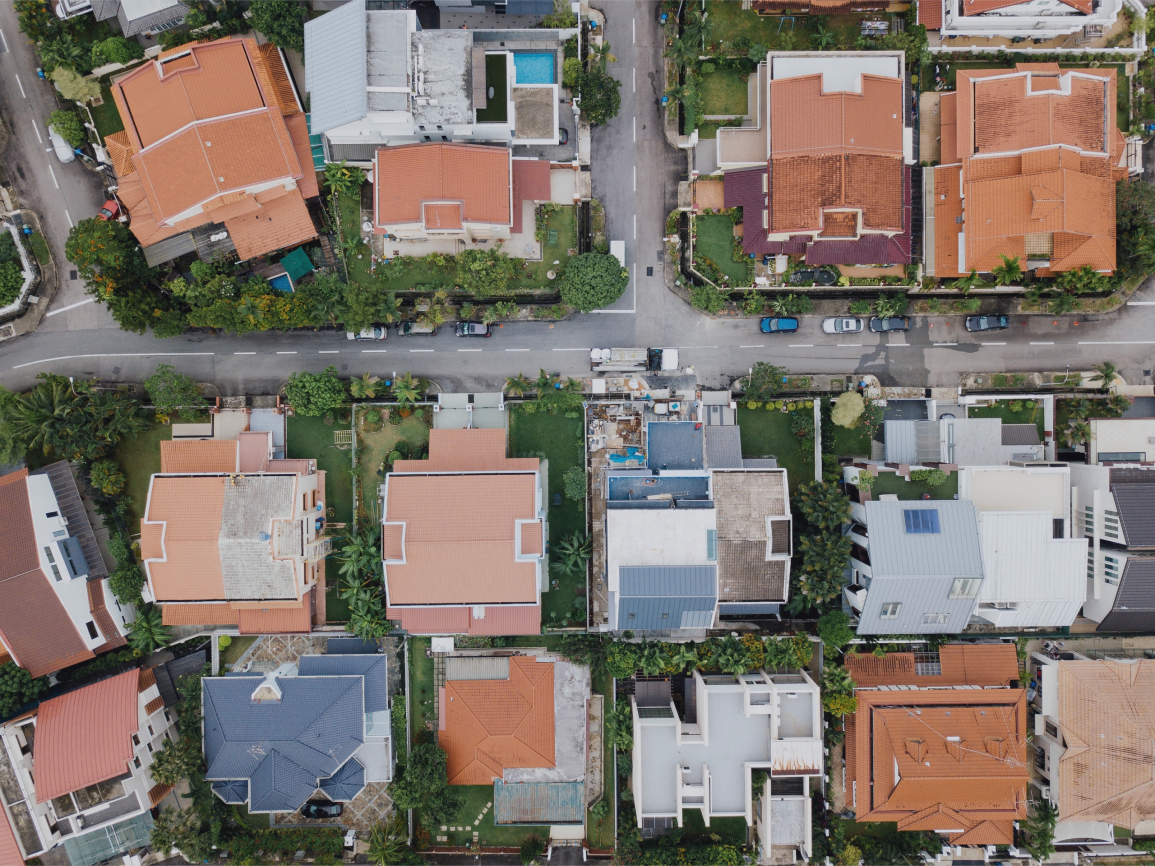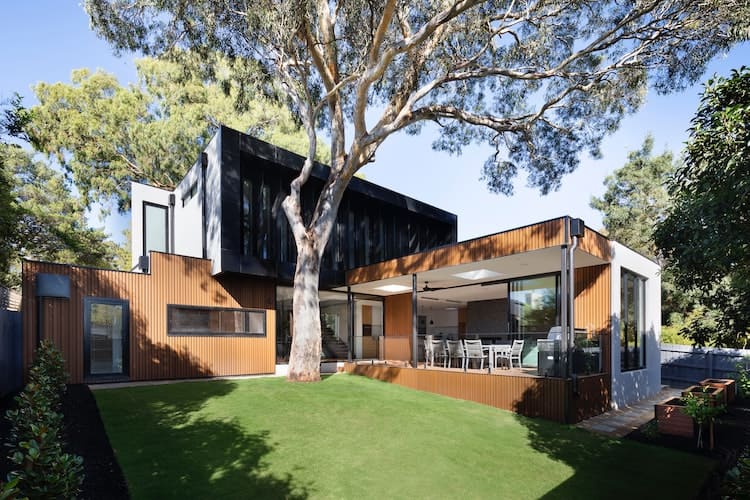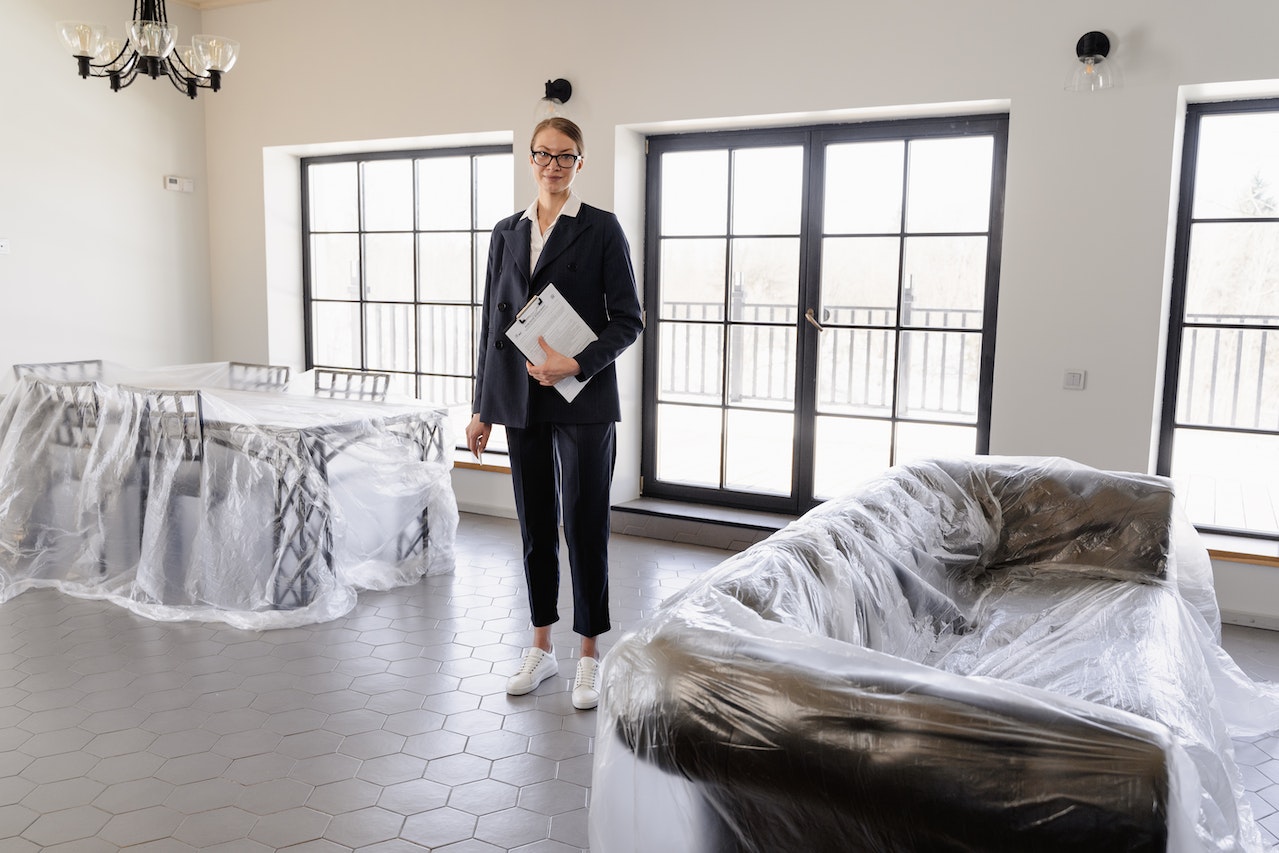
How to Buy A House In Alberta On A Single Income
Canada is a great place to buy your first property thanks to its affordable interest rates, but there are still many concepts you need to understand before purchasing a new home.
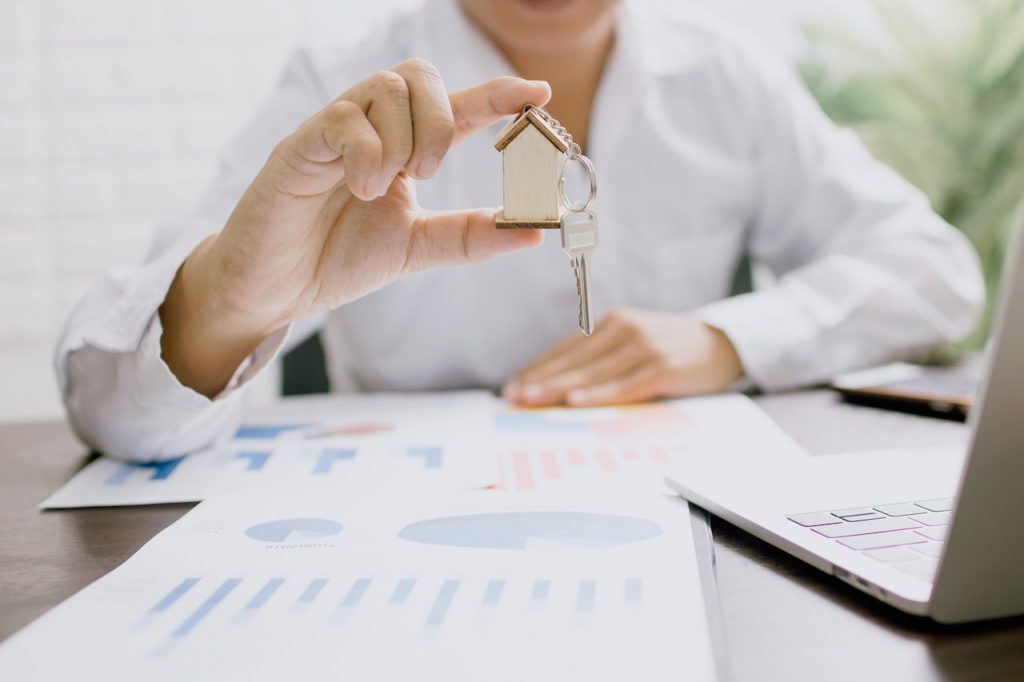
For this reason, learning how to buy a house with a low income in Canada may require some time, so patience is a key component to every successful home purchase. With that said, Canadians are purchasing homes on a single income more often than ever before, so having a partner is not the only way to lay the foundations of a family anymore.
In this article, we’ll go over 10 tips on how to buy a house in Alberta and answer three frequently asked questions that first-time homebuyers often have.
9 Tips for Buying a Home in Alberta on a Single Income
Buying a house in Alberta is an exciting step. But, if this is your first time purchasing property, you need to take some time, study all the actions you need to complete, and give yourself the best chances of success. It’s easier than ever to purchase property in Alberta on a single income, but you still need to make adjustments to increase your chances of success.
Below, we’ve put together 10 tips that will help improve your chances of buying a house on a single income. Now, remember that all homeowners are different. Therefore, you should evaluate each tip and adapt it to your specific circumstances in order to get the best results.
1. Save Money for a Down Payment
Many first-time buyers worry about the minimum income to buy a house when they should actually be thinking about the down payment.
Yes, your credit will play a huge role in determining the outcome of your mortgage application. But, after getting accepted, the first thing you need to do is cover the initial payment.
Therefore, you should start off by creating a savings account to help you cover the initial costs of your new home. This is the most time-consuming step, so contact the different mortgage lenders you can work with to get an idea of how much you need to save.
2. Improve Your Credit
As we mentioned earlier, potential loan providers check your credit score to determine what interest rate and other conditions you qualify for. By working on improving your credit history and overall credit score, you can qualify for lower rates and significantly reduce the cost of your dream home.

Improving your credit score can take some time, so you should avoid making late payments or accruing a debt you can’t afford to pay while completing the mortgage process.
3. Speak to a Financial Advisor
Financial advisors are professionals who specialize in helping individuals achieve their financial goals. Speaking to a financial advisor is a great idea because these professionals can provide tips on improving your credit score and saving money for your initial payment.
You can also ask your advisor questions about basic real estate, for example, “can I buy a house with low income?” (spoiler alert: the answer is a resounding yes!).
4. Create a List of Ideal Locations
A home’s purchase price is determined by a collection of variables, including the location of the property. But, the price of a house should not be the only reason you want to move to a specific location.
Instead of opting for affordable property anywhere, create a list of cities and locations you want to live in. Not only are single-income households purchasing homes more frequently, but these families also have enough resources to choose where to live. So, don’t be afraid to give your agents a preferred list of options before they start searching.
5. Get Pre-Approval for a Mortgage
Some people believe that you need to know the purchase price of a house before getting approval for a loan. However, you can actually get pre-approved for a mortgage, which means that a financial institution has already conditionally authorized a loan for a specific amount.
If you receive early approval, you’ll get a letter or notification that details the loan specifics, like the amount and duration of payments. This can make your offer for a house more attractive as sellers will see that you already have approval from a mortgage provider.
6. Consider Additional Expenses Including Closing Costs
Closing costs, legal fees, mortgage insurance, and financial advisory services are all additional expenses that you’ll need to cover out of pocket. Not only this but there are also unexpected costs that can arise as well as additional housing costs if you’ve sold your old property in order to purchase the new house.
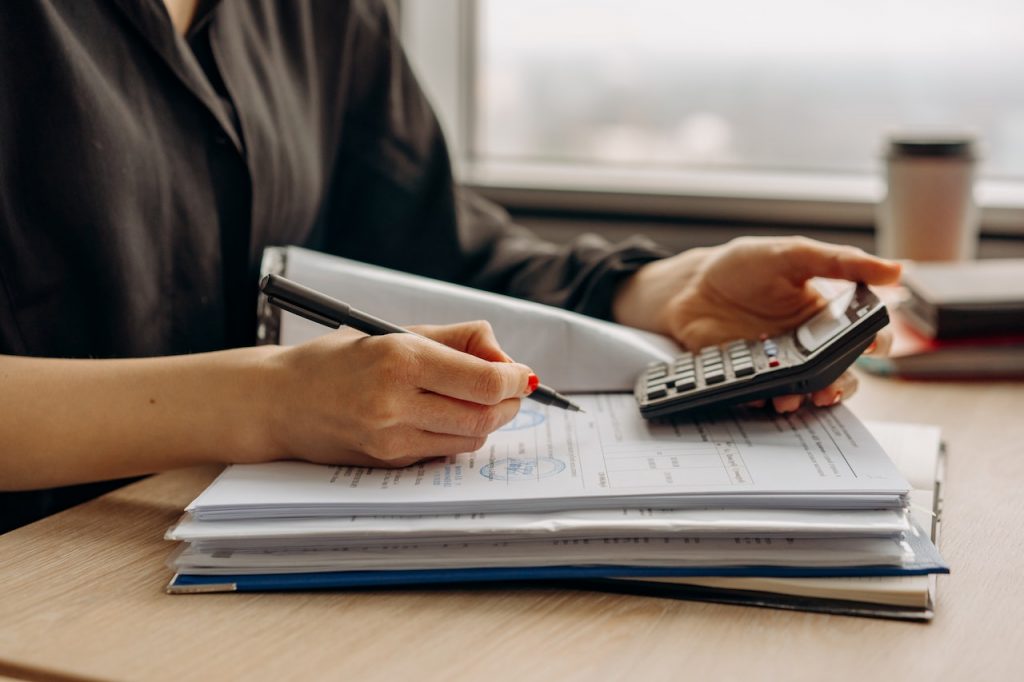
Make sure to take all of these additional costs into consideration to avoid any unforeseen emergencies. The best approach is to start small savings account for expenses and deposit money regularly. If you’re not forced to use these additional funds, you can always invest them into making home improvements once you’ve finished paying off your mortgage.
7. Find the Right Type of Insurance
Besides mortgage insurance, you also have to purchase a home, medical, and in some cases, pet insurance.
You should see each type of insurance as a failsafe that helps you protect your home and make sure to choose providers that offer the best conditions.
For example, you should opt for insurance providers that offer life and disability insurance in order to cover mortgage payments even if the primary earner suffers a critical illness or injury.
8. Avoid Overextending Your Budget
One of the biggest mistakes that new homeowners make is overextending their budgets.
Private lenders may offer the opportunity to get extremely large loans if you have anything above the minimum credit score required for a decent mortgage. But, this doesn’t mean you should always opt for the biggest possible loan.
You should always make sure that you can afford the payments in the long run. This can mean going for a property with a slightly more affordable loan, with the possibility of upgrading later on.
9. Find a Real Estate Agent You Can Trust
Navigating the home purchasing process in Alberta while having a single household income can be overwhelming. The good news is that you don’t have to do it alone.
You should evaluate a few different providers and choose a trustworthy agent that provides competitive rates, like Justo.
Frequently Asked Questions
Here are a few frequently asked questions about purchasing a house in Alberta on a single income
How much money do you need to buy a house in Alberta?
The initial payment for a house varies depending on the price of the house. This payment can range from 5% for houses that are worth less than $500,000 to 20% for properties worth over one million.
How much house can I afford on a single income?
The price of the house you can afford on a single salary varies based on the actual amount of your earnings and expenses. You can use online calculators to get an approximate value, but we suggest you speak to a real estate professional for the most accurate results.
Can a single income buy a house in Alberta?
The resounding answer is a yes, single-income households can afford to purchase homes in Alberta. The key is to improve your chances of getting approved beforehand and working with a real estate agent that offers the most competitive rates.
Looking for Your Next Property? Justo Is Here to Help
Purchasing a home in Alberta on a single income may seem daunting, but millions of Canadians have already completed this exciting process successfully. If you want to learn more about purchasing a piece of property that allows you to lay the foundation for your family, our team is here to help.
Contact us today and find out what alternatives you have available!
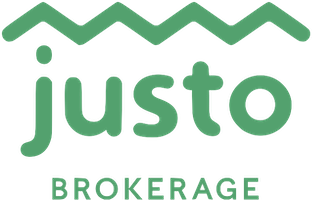
Read More
Connect With Us
Connect with our friendly Client Ambassadors and find the best Agent to match your needs
Call us at 1-647-794-0064
Join Our Team |Become a Partner

